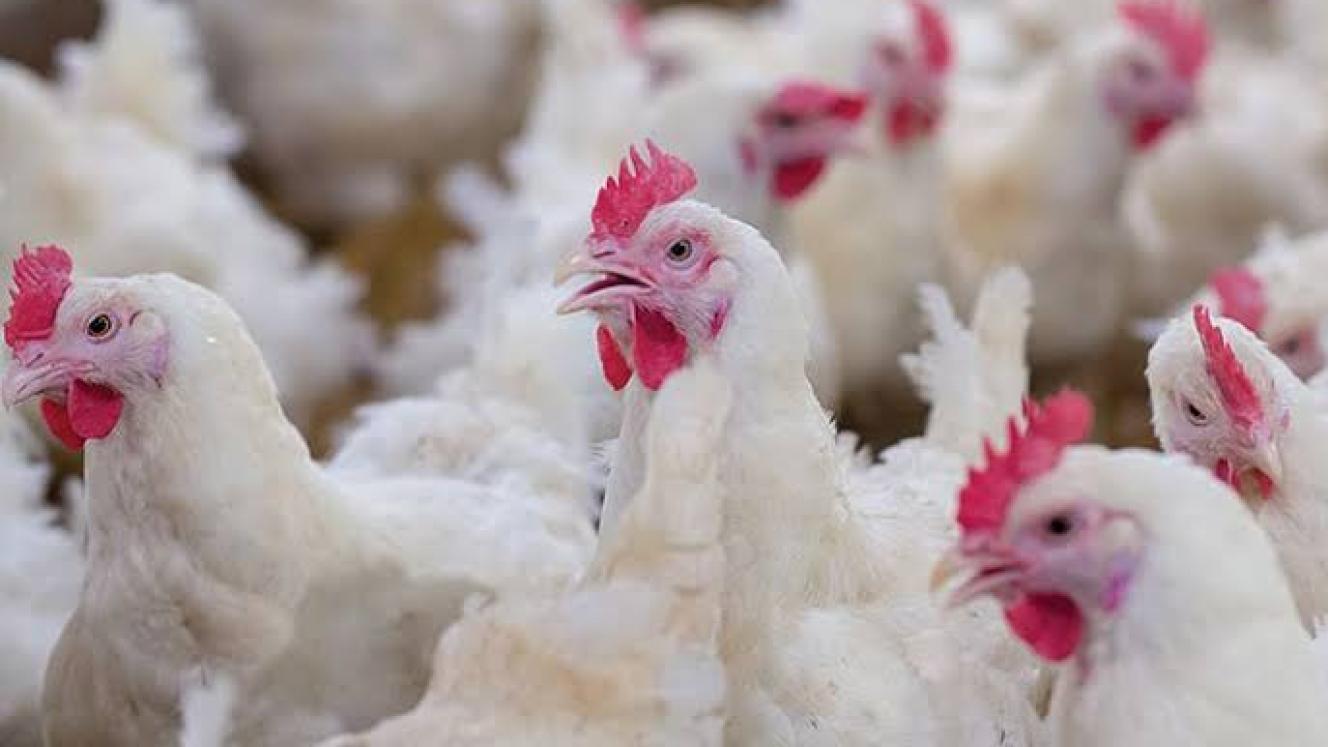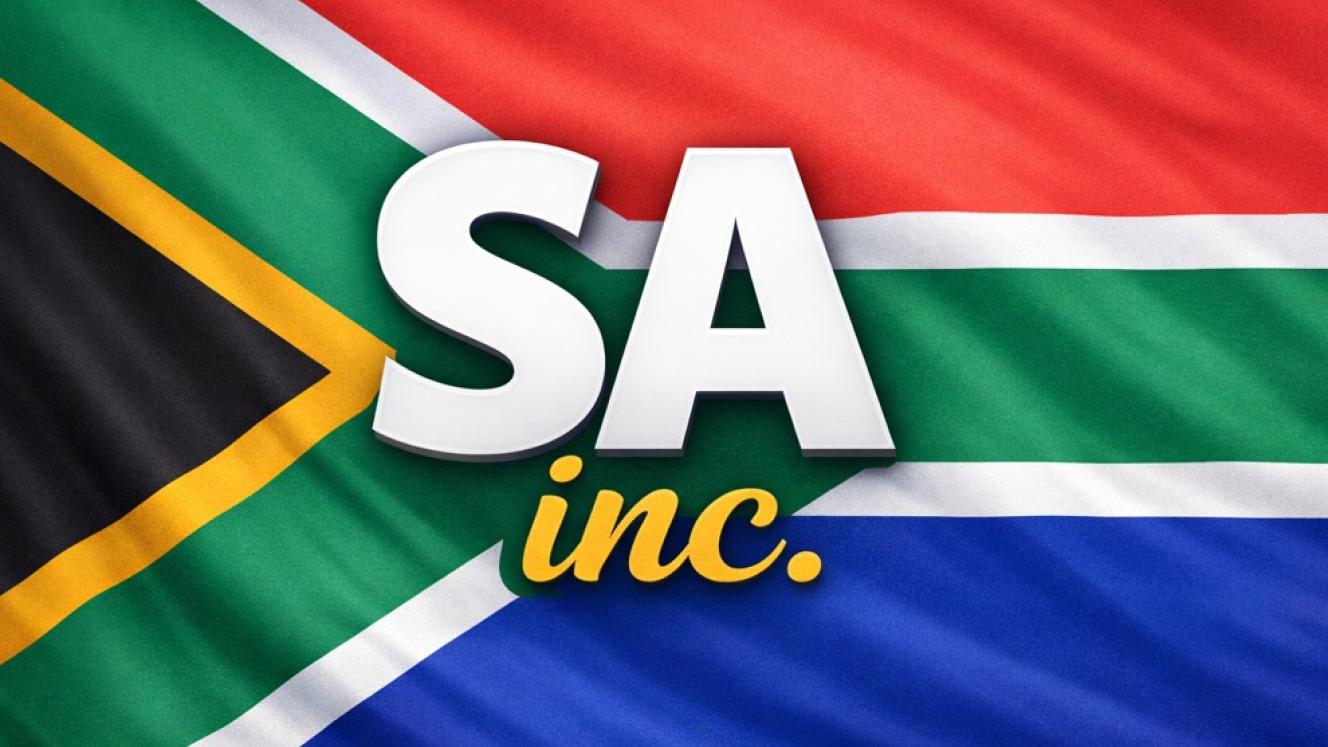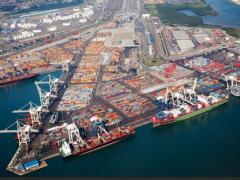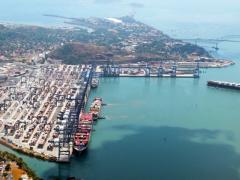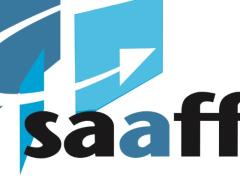There’s been major pushback from the poultry industry to the proposed localisation policy announced by the Department of Trade, Industry and Competition (dtic) designed to have selected industries – of which poultry is one - reduce their volume of imports by 20% over a period of five years to increase local production. It’s a move they believe will add R200 billion to our economy.
An in-depth study undertaken by ChickenFacts, a new sub-brand of the Association of Meat Importers & Exporters (Amie), however points out that it would cause extensive collateral damage to the industry and put immense pressure on already stretched consumers.
First off, it will breach and undermine international and regional trade agreements such as the Africa Continental Free Trade Area, World Trade Organization (WTO) protocols, and General Agreement on Tariffs and Trade (GATT), as well as bilateral agreements with trade partners.
“As a country, one of our key priorities is to drive the expansion of exports of product globally,” the industry body points out.
“This is also a priority in the Poultry Master Plan. But who will take the poultry product when trade markets are closed off due to localisation policies which alienate South African trade partners?”
A list of 42 largely imported products has been identified for localisation, but the specifics are yet to be revealed.
And according to the industry, 30 CEOs have been identified as bodies that will drive the localisation policy, but once again no details are available.
The industry has accused the dtic of a lack of transparency in creating a framework that is "fragmented" and "disorganised".
The department also appears to have taken little heed of South Africa’s inadequate infrastructure.
“Transport, water and electricity do not have the capability to efficiently support the replacement of poultry imports,” ChickenFacts points out.
“South Africa does not have the economy to function in isolation and remove imports – apart from which prices could rise by around 20% by pushing localisation now before the right conditions are in place.”
Add to that the challenges of disease outbreaks, welfare regulations, food safety, house environment, and a number of issues relating to nutrition and feed.
From mid-April to June 2021, South Africa experienced an HPAI (highly
pathogenic avian influenza) outbreak that resulted in more than 2.7 million chickens being culled.
Companies imported fertilised hatching eggs to increase chick supplies
“No matter what we do, we will never be able to produce enough chicken to meet demand,” says Amie CEO Paul Matthew.
“Reducing imports, therefore, would simply restrict supply and prices would go up.”
And that comes at a time when South African consumers are under a huge amount of strain, and do not have as much disposable income as before, says Chris Hattingh, deputy director of the Free Market Foundation. “Thus, any increase in the price of goods (with localisation) will impact their spending patterns.”
